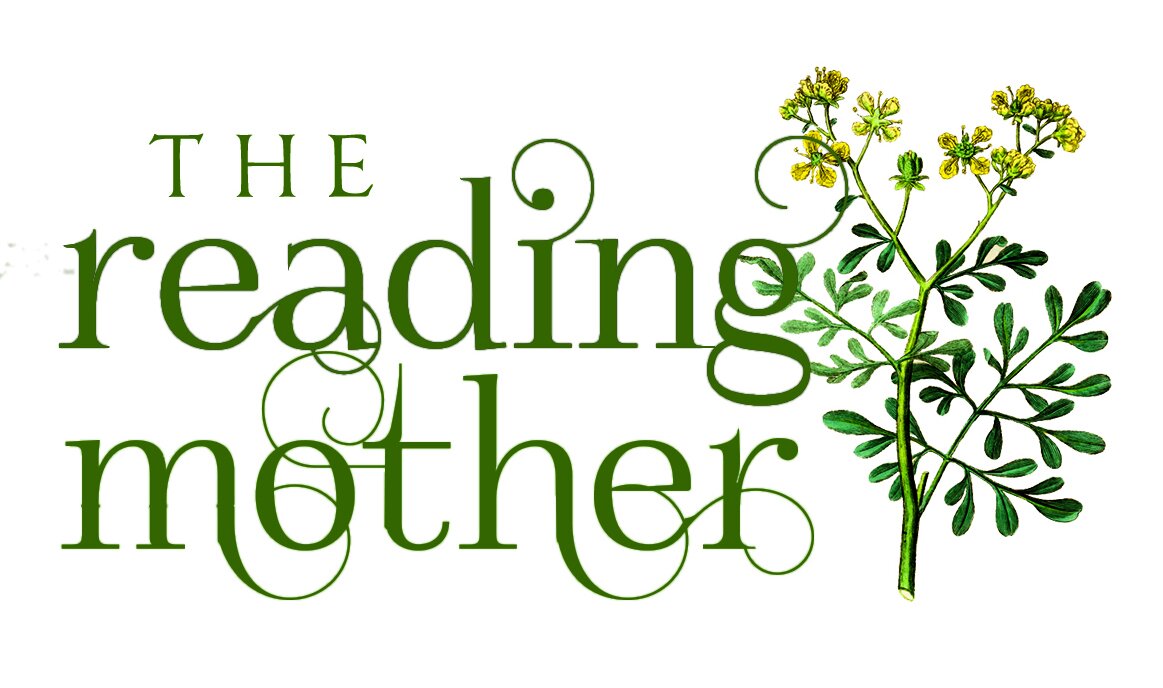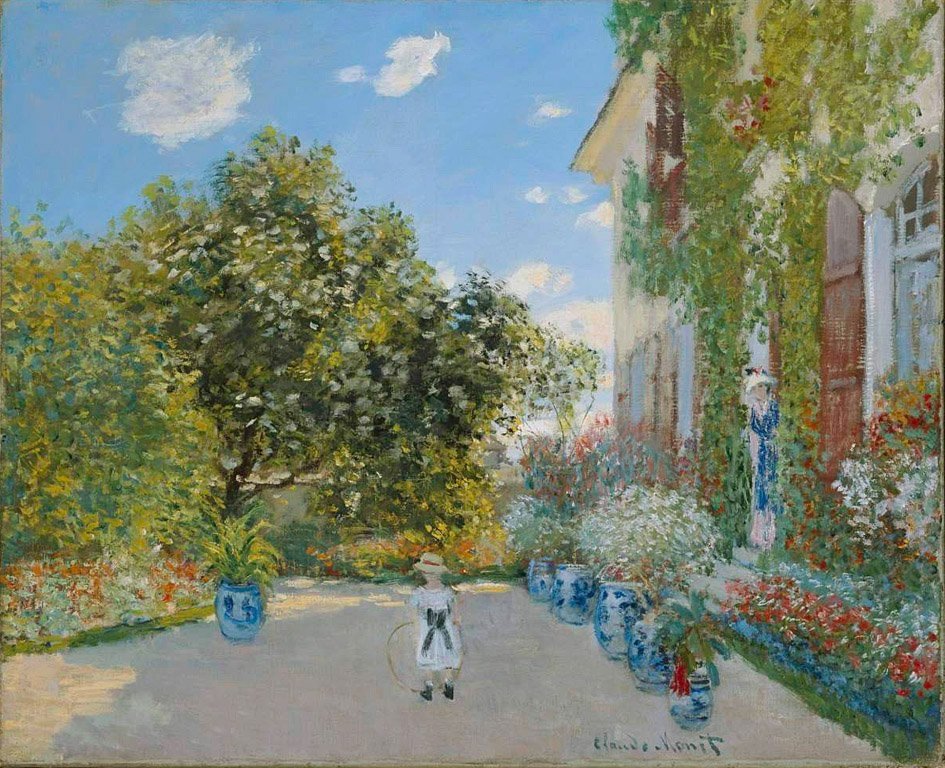. . . toward a life well-read
A collection of helps, encouragements, and reflections by Cottage Press Curriculum author and quarter-century veteran home educator Katherine Weitz
Morning Time Primer
As I look back at our Morning Times from the perspective of years, Tennyson’s brook comes to mind.
Making time for Morning Time will probably require some re-imagining of what “doing school” should look like. If you are new to Morning Time, you will set yourself up for endless frustration if you try to simply add it on top of what you are currently doing—or what you think you should be doing.
From the earliest days of our homeschool (22 years ago!), we spent at least an hour—and sometimes far more!—each day reading aloud, thanks to the influence of folks like Susan Schaeffer-Macaulay and Sally Clarkson.
Foundational Principles and Practices
Our high school Humanities studies at Providence Prep are anchored by Dr. George Grant's unforgettable moral philosophy course. We are often reminded, and we have seen for ourselves, that education as a form of repentance.
When we read aloud to young children, we give them access to ideas they could not comprehend on their own and expose them to vocabulary and sentence structure way beyond their abilities to employ in their own writing.
Picture Study, as Charlotte Mason practiced it, is just as simple as it sounds: “A friendly picture-dealer supplies us with half a dozen beautiful little reproductions of the work of some single artist, term by term.
My sleepy three-year-old is carried from the car to his bed in big brother’s strong arms. He drowsily blinks up at the star studded sky. “Caleb, did you know that God is a Spirit? He doesn’t have a body like men.” My mother’s heart quietly rejoices . . .
“It doesn’t matter what my child reads, as long as he reads," says the well-meaning but ill-advised friend. Yes, of course, I answer, just as it doesn’t matter what my child eats, as long as he eats. Books that are shallow and condescending to children are nothing more than junk food for the mind.
When I was expecting my first child, who turned out to be children (twins!), I heard a radio program about homeschooling. My husband and I were immediately convinced — we would certainly home educate our children.
The Art of Commonplace
Now that we have all of the why, what, and how of commonplacing covered, let's talk about when. I urge you to set apart specific time in your schedule for commonplacing. Put at least two commonplace sessions on your weekly calendar.
Now you have all of your commonplacing materials, and you are eager to get started. But wait! First, you need to take a moment to set up your commonplace book.
This series of three posts is addressed to students—of all ages!— based on recommendations in Cottage Press Language Arts and the Commonplace Book Practices at Providence Prep.
Keeping a copybook in the younger years is excellent training for many things, one of which is keeping a commonplace book. Principles and practices for copybook and commonplace book have a great deal of overlap, particularly in the selections to be reproduced.
I'm honored to to announce that Simply Convivial is hosting a guest post by yours truly today: Teaching Kids to Keep a Commonplace. Thank you, Mystie!
Lifetime Learning
Helene Hanff shows how reading one good book can lead to an entire course of self-education — provided one is perseveringly curious. “Q (Quiller-Couch) was all by himself my college education.”
Now that my youngest has graduated, what does a Reading Mother's "retirement" after more than a quarter-century of home education look like? From where I stand today, it looks more like a second career . . . or two . . . or more.
This past summer, our family spent a good bit of time reading and discussing the stories of Wendell Berry. There were our Friday nights spent lingering over That Distant Land with a few young folks from our church and community.
I took this picture last spring as my youngest son and I were moving towards the end of the school year – and the end of my homeschooling career. We decided to indulge in a final read-aloud of the Narnia books.
When my children were young, we enjoyed many a ramble around our yard and down our country lane, delighting in both the changes and the constants that we observed in the flora and fauna through the seasons. Over time, as I studied Charlotte Mason’s principles, I learned that those rambles had an official instructional name: nature walks.
Hard Times, by Charles Dickens, a favorite read of classical educators everywhere – how NOT to do it! – is full of brilliant and biting commentary on an educational system that ignores the soul-building stuff of the poetic imagination in favor of facts and figures.
I had the honor of writing a guest post for Scholé Groups on my own self-education journey.
Charles Dickens' tale of Mr. Boffin and his 'great books course' is a delightful illustration of the fact that Dickens knew his classics well and easily takes his place in the Great Conversation.
Speaking of Plutarch, years ago I commonplaced this encouraging glimpse into his self-education in Latin from the Life of Demosthenes:
I am certain that the daily delight and discipline of Morning Time—a.k.a Our Daily Feast—is the best pedagogical practice for bringing scholé to our homeschools Yet there is an even more important life practice which I believe is needed to bring scholé.
I have the honor of being a guest today at Pam Barnhill's Blog, sharing some thoughts about the benefits of regular reading aloud to Mom. You'll also find some tips for building your own read-aloud skills.
Tho' much is taken, much abides, and tho'
We are not now that strength which in old days
Moved earth and heaven, that which we are, we are;
One equal temper of heroic hearts . . .
“When you reread a classic, you do not see more in the book than you did before; you see more in you than there was before. Clifton Fadiman’s words, copied long ago in my commonplace book, came to mind on a recent return to Homer's “realms of gold.”




























As promised, here are a few nuts and bolts helps for planning your Morning Time reading. But, before I do that, I have to say something to those of you who have not started Morning Time with your family yet.